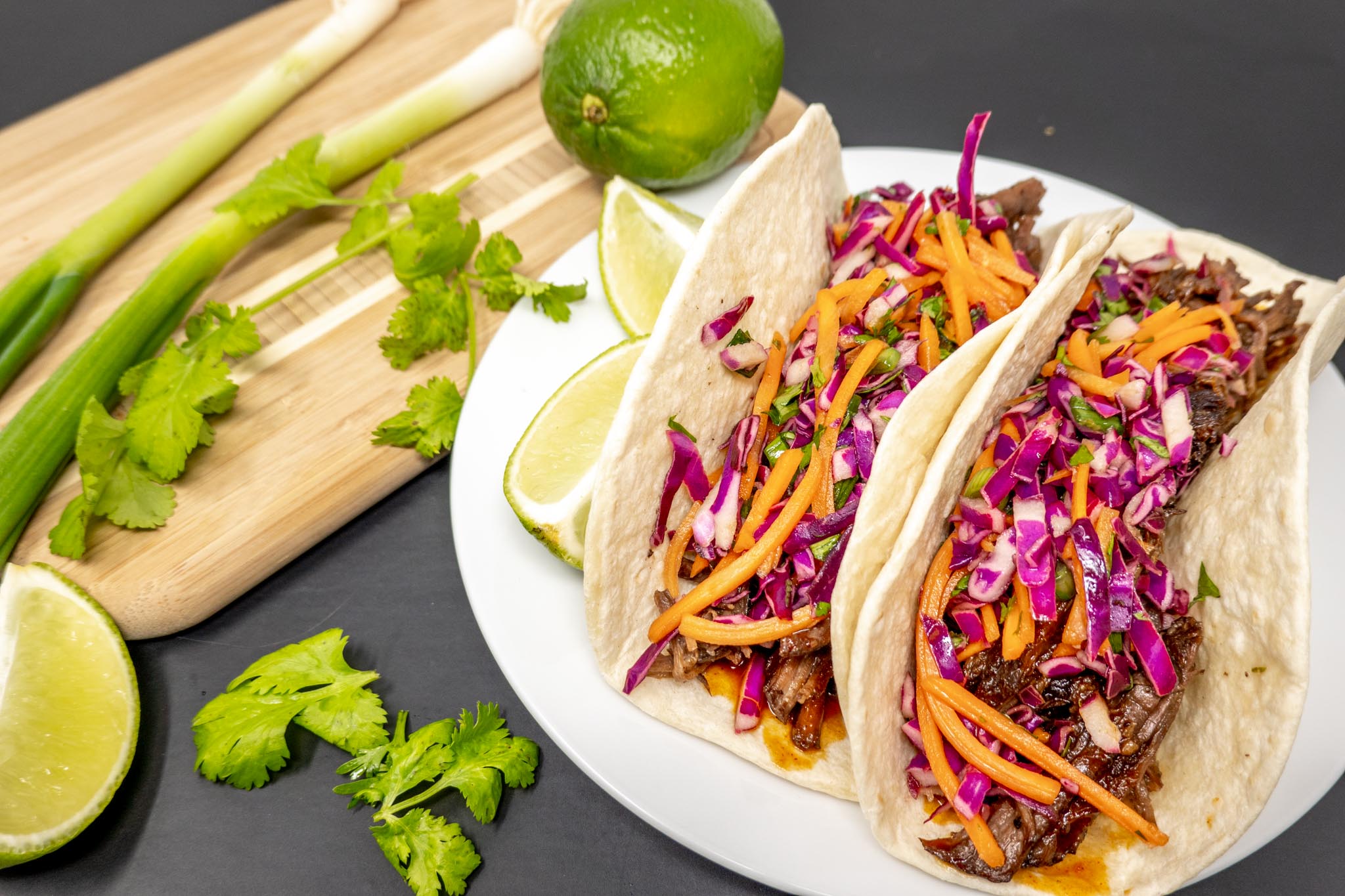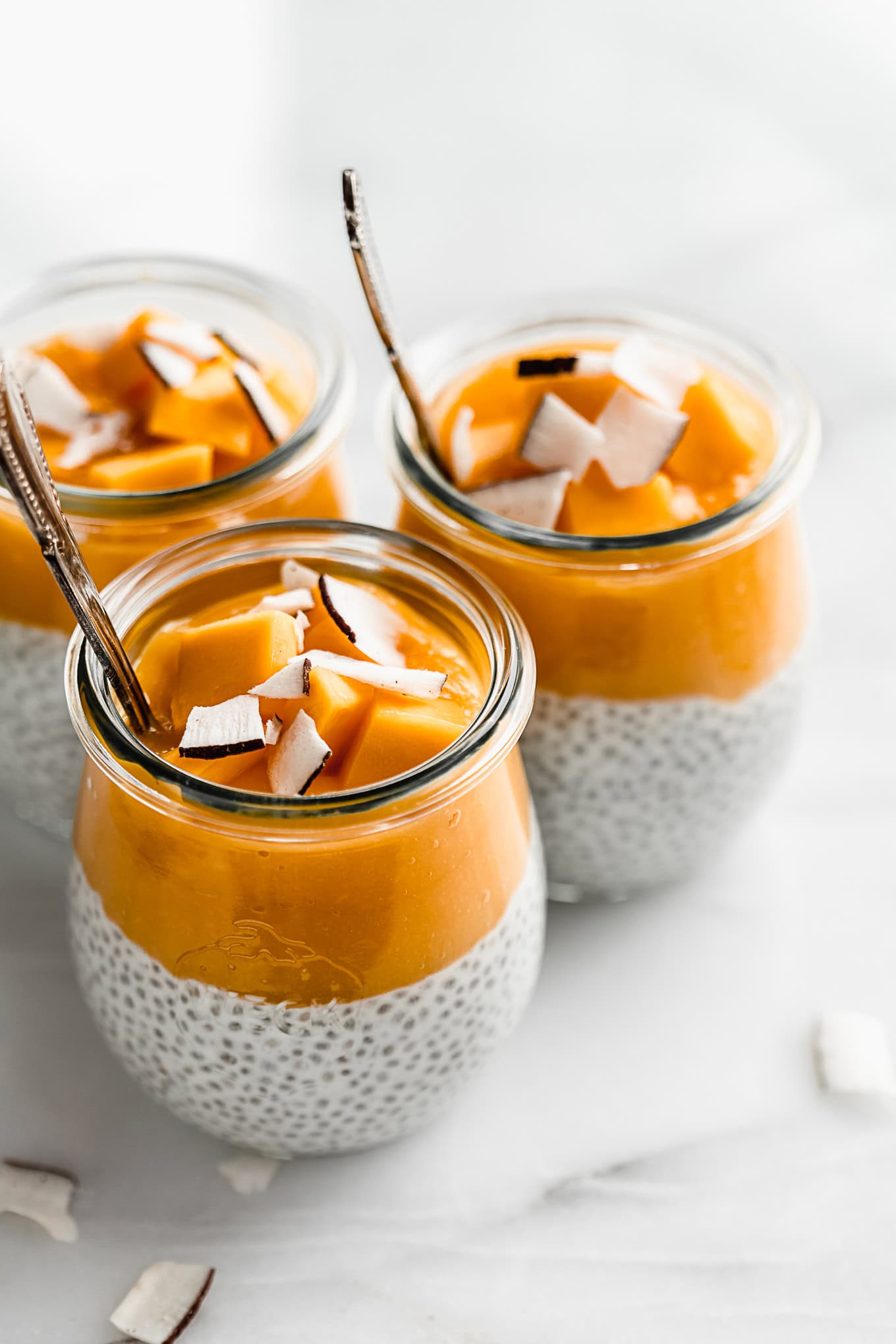Introduction
Olive oil, often referred to as “liquid gold” for its rich flavor and numerous health benefits, has been a culinary staple for centuries. This golden elixir, extracted from ripe olives, not only graces salads and Mediterranean dishes with its distinctive taste but also carries a robust legacy of cultural significance. From the sun-soaked groves of Greece to the rolling hills of Italy, olive oil has played a pivotal role in defining the flavors and traditions of these regions. Its versatility extends far beyond the kitchen, finding its place in skincare routines, religious rituals, and ancient medicinal practices.
However, there are times when the unavailability of olive oil or specific dietary preferences necessitate the search for suitable alternatives. Whether you’re looking to diversify your cooking repertoire or are on a quest to find a substitute that aligns better with your dietary requirements, this article is here to guide you. We will explore the role that olive oil plays in various culinary applications, from its use as a sautéing medium to its contribution to the texture of baked goods. Furthermore, we’ll delve into the scenarios where you might consider substituting olive oil, whether it’s due to allergies, taste preferences, or a desire to experiment with new flavors in your dishes.
Join us on a journey through the world of olive oil substitutes, where we will unravel the options available to you, share cooking tips and best practices, and help you make informed decisions when olive oil is not the go-to option. Discovering the right substitute can not only enhance your cooking but also open the door to a world of exciting flavors and culinary possibilities.
Understanding the Role of Olive Oil
Olive oil is a versatile culinary gem that has graced kitchens for centuries. This section aims to shed light on the pivotal role that olive oil plays in various culinary traditions and why it’s considered a cornerstone of many recipes. Beyond its lush, fruity flavor and the way it enhances the taste of dishes, olive oil serves as a fundamental component in cooking, providing both depth and richness.
In Mediterranean cuisine, it’s the foundation of iconic dishes like pasta aglio e olio and the beloved Greek salad. Its use extends far beyond just dressing salads; it’s a trusted ally for sautéing, frying, and roasting, imparting a delightful, earthy aroma to dishes. Beyond its culinary virtues, olive oil also boasts numerous health benefits, including being a rich source of heart-healthy monounsaturated fats and antioxidants.
Its unique combination of flavor, health benefits, and culinary utility make olive oil a staple in many households. However, circumstances may arise where you need to explore alternatives, making it crucial to understand why olive oil is so valued in the culinary world before seeking substitutes.
When and Why You Might Need a Substitute
There are various scenarios in which you might find yourself in need of an olive oil substitute. Firstly, dietary restrictions can be a significant factor. For individuals following a vegan diet or those with allergies to olive oil, finding an alternative becomes essential. Furthermore, flavor preferences also play a role. Some may prefer a milder or more neutral oil for certain recipes, while others might be looking to experiment with different tastes and textures.
In baking, for instance, you may require a substitute that provides the same moisture and texture-enhancing properties as olive oil without its distinct flavor. Lastly, availability and cost can be considerations. Olive oil can be pricey, and in some regions, it might not be readily accessible. Therefore, knowing your options for olive oil substitutes can be invaluable in the kitchen, allowing you to adapt recipes to your dietary needs and culinary preferences.
Exploring Olive Oil Alternatives
When it comes to finding suitable alternatives to olive oil, the culinary world offers a diverse array of options that can cater to various tastes, dietary preferences, and cooking styles. Whether you’re looking for a substitute due to dietary restrictions, flavor variations, or simply because you’ve run out of olive oil, there are plenty of alternatives to consider. Let’s explore a range of olive oil substitutes that can be seamlessly incorporated into your culinary endeavors.
1. Avocado Oil:
If you’re in search of an alternative that’s not only heart-healthy but also boasts a mild, buttery flavor, look no further than avocado oil. This oil is rich in monounsaturated fats, making it a great choice for sautéing, roasting, and salad dressings. Its high smoke point means it can handle high-heat cooking without breaking down, making it suitable for various cooking methods.
2. Coconut Oil:
Known for its versatility, coconut oil can be an excellent substitute for olive oil, particularly in baking and frying. It imparts a subtle coconut flavor, so it’s best used in recipes where this tropical hint complements the dish. However, be mindful of its solid state at room temperature; you may need to melt it before use.
3. Canola Oil:
With its neutral flavor and high smoke point, canola oil is a dependable choice for those seeking a neutral oil. It’s suitable for frying, roasting, and baking, and its light taste won’t overpower the flavors of your dishes. Canola oil is also low in saturated fats, making it a heart-healthy option.
4. Grapeseed Oil:
Grapeseed oil is extracted from grape seeds and offers a mild, slightly nutty flavor profile. Its high smoke point makes it ideal for high-heat cooking methods like stir-frying and grilling. It’s also a popular choice for making homemade salad dressings due to its light taste.
5. Sesame Oil:
For dishes that benefit from a bold, nutty flavor, sesame oil is an excellent option. It’s commonly used in Asian cuisine and is available in both toasted (dark) and untoasted (light) varieties. While toasted sesame oil adds a robust flavor, the light version is milder and suitable for various cooking techniques.
6. Sunflower Oil:
With its neutral flavor and high smoke point, sunflower oil is a versatile alternative to olive oil. It’s often used in frying, sautéing, and baking, thanks to its ability to withstand high temperatures without breaking down. Additionally, sunflower oil is low in saturated fats, making it a heart-healthy choice.
7. Butter and Ghee:
When it comes to flavor, nothing quite matches the rich, savory taste of butter or its clarified counterpart, ghee. They are perfect for adding depth and richness to your dishes, whether it’s for sautéing vegetables, searing meats, or drizzling over popcorn. Keep in mind that butter and ghee have lower smoke points, so they’re best suited for low to medium-heat cooking.
8. Nut Oils (e.g., Walnut, Almond, or Hazelnut Oil):
For a distinctive, nutty flavor, consider using nut oils. These oils are primarily used in salad dressings, drizzled over roasted vegetables, or as a finishing touch on dishes like pasta or risotto. Their delicate flavors can elevate your culinary creations to new heights.
In choosing the right olive oil substitute, it’s essential to consider the specific needs of your recipe and your personal taste preferences. Each of these alternatives has its unique characteristics, and experimenting with them can lead to delightful culinary discoveries. Whether you’re aiming for a heart-healthy option, a subtle flavor enhancer, or a robust taste infusion, there’s an olive oil substitute to suit your needs. So, the next time you find yourself in need of a replacement for olive oil, don’t hesitate to explore these options and add a new dimension to your cooking.
Cooking Tips and Best Practices
When using olive oil substitutes, it’s essential to understand the unique characteristics of each option to achieve the best results in your recipes. Here are some cooking tips and best practices to help you navigate the world of olive oil alternatives:
1. Consider Flavor Profiles: Different substitutes bring their own distinct flavors to your dishes. For instance, avocado oil imparts a mild, buttery taste, while coconut oil adds a hint of tropical sweetness. Be mindful of these flavor profiles when choosing a substitute to ensure it complements your recipe.
2. Cooking Temperatures: Pay attention to the smoke points of your chosen substitute. Some, like grapeseed oil, have high smoke points, making them ideal for high-heat cooking, while others, like flaxseed oil, are better suited for low-heat or no-heat applications.
3. Experiment: Don’t be afraid to experiment with various substitutes in your favorite recipes. Keep notes on what works best for your palate and the specific dishes you enjoy preparing.
4. Mix and Match: Sometimes, a combination of different substitutes can provide a unique flavor profile. Mixing oils or using a blend of oil and other ingredients, such as applesauce or yogurt, can yield exciting results.
By following these cooking tips and best practices, you can confidently substitute olive oil in your recipes while achieving the flavors and textures you desire.
Conclusion and Final Thoughts
In the culinary world, the quest for alternatives is a journey that often leads to delightful surprises. As we conclude our exploration of olive oil substitutes, it’s clear that there’s a world of possibilities beyond the beloved olive oil. Whether you’re seeking a substitute due to dietary restrictions, flavor variations, or simply curiosity, this article has provided you with a palette of options to enhance your culinary creations.
In your cooking endeavors, remember that no substitute is a one-size-fits-all solution. The choice of substitute depends on the specific dish, desired flavors, and your personal preferences. Experimentation is key; don’t be afraid to try different alternatives and discover the unique character each one can bring to your dishes.
From avocado oil’s creamy texture to the nutty richness of sesame oil, or the light and buttery notes of ghee, there’s a substitute for every occasion and cuisine. So, embrace the diversity of cooking oils and explore the uncharted territories of your culinary creativity. Whether you’re a seasoned chef or a home cook, the world of olive oil substitutes is an exciting frontier waiting to be explored. Happy cooking!










Leave a Reply